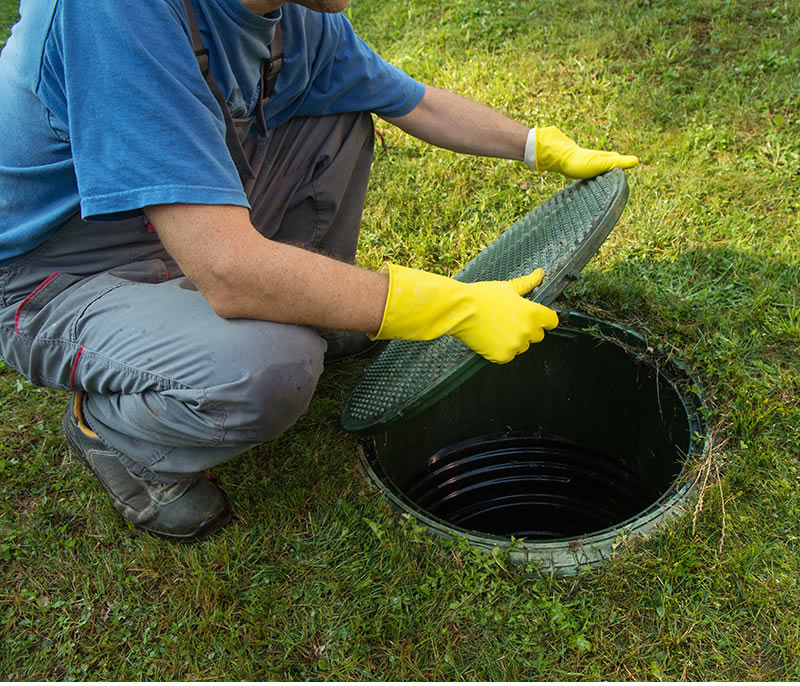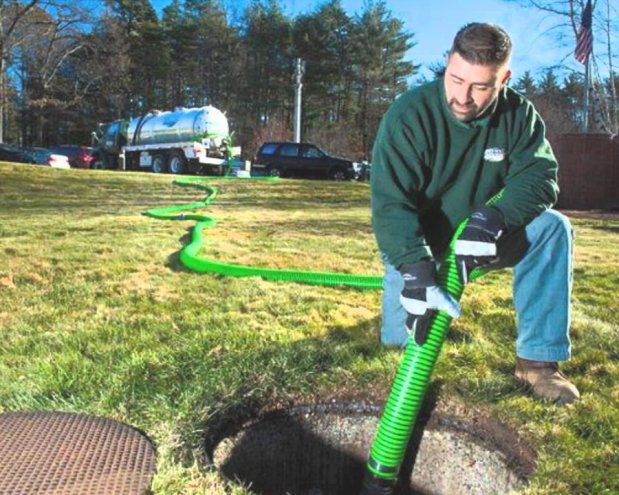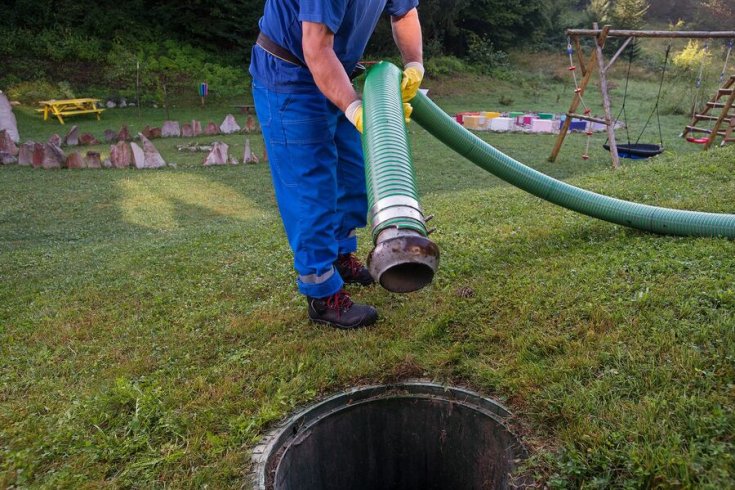
14
Commercial properties, such as restaurants, hotels, and office buildings, often rely on septic systems for the efficient management of wastewater. Understanding the basics of commercial septic services can be helpful for property owners and managers to ensure proper maintenance and avoid costly issues. In this beginner's guide, we will explore the key aspects of commercial septic services, including tasks like septic tank pumping and septic tank repair in Mint Hill.
Septic tank pumping is a fundamental service in maintaining a healthy and functional septic system. Over time, solid waste and sludge accumulate in the septic tank, which requires regular removal to prevent backups and potential system failure. Commercial properties typically have higher wastewater volumes than residential ones, making regular septic tank pumping even more critical. It is recommended to schedule septic tank pumping every 1 to 3 years, depending on the property's usage and the size of the septic tank.
When it comes to commercial septic services, selecting the right septic company is of utmost importance. A reliable and experienced septic company will have the expertise and equipment to handle the unique requirements of commercial properties. When choosing a septic company, consider their track record, customer reviews, and qualifications. Ensure that they are licensed, bonded, and insured, as this protects both the property owner and the service provider in case of any accidents or damage. If you’re on the lookout for a septic company you can trust, contact Charlotte Septic Pros.
In addition to routine septic tank pumping, commercial properties may require septic tank repair at some point. Signs of a septic system issue include slow draining sinks or toilets, foul odors, gurgling sounds, or standing water around the drain field. It is essential to address these problems promptly to prevent further damage and potential health hazards. Charlotte Septic Pros can perform a thorough inspection, diagnose the issue, and recommend the appropriate septic tank repair solutions. Common repairs include fixing leaks, repairing or replacing damaged pipes, or addressing issues with the drain field.
Regular maintenance is key to the longevity and efficiency of a commercial septic system. Beyond septic tank pumping and repairs, there are several additional practices that property owners and managers can implement to ensure optimal system performance. Avoid disposing of grease, oil, chemicals, or excessive cleaning products, as they can harm the septic system. Water conservation practices, such as installing water-efficient fixtures and addressing leaks promptly, can also reduce the strain on the septic system.
Proper record-keeping is another essential aspect of commercial septic services. Maintain detailed records of septic tank pumping schedules, inspections, repairs, and any other relevant information. This documentation will help track the maintenance history, identify trends or recurring issues, and provide valuable information to future service providers or potential buyers if the property is sold.
Understanding the basics of commercial septic services is something every property owner and manager should know. Regular septic tank pumping, selecting a reputable septic company, and addressing septic tank repairs are key elements of commercial septic maintenance. By prioritizing proper maintenance and staying proactive, commercial property owners can ensure the efficient operation of their septic systems, avoid costly repairs, and provide a safe and healthy environment for employees and customers alike. Charlotte Septic Pros will be by your side as you master the maintenance of your septic system.

02
What Septic Service Techs See That Homeowners Miss Most homeowners only think about their septic system when something goes wrong.…
Read more
21
Simple Habits That Protect Your Septic System A well-functioning septic system does its job quietly, but the moment something goes…
Read more
14
Pump Now or Pay Later: The Real Cost of Skipping Maintenance A properly functioning septic system is easy to forget…
Read more
11
Why Your Septic System Always Acts Up at the Worst Time Homeowners often feel that septic problems strike at the…
Read more
04
Early Warning Signs Your Septic Tank Needs Pumping For homeowners who rely on a septic system, routine maintenance is not…
Read more
29
Why Does My Septic System Smell Fine One Day and Terrible the Next? If you own a home with a…
Read more
19
Is Your Septic System Overdue? Simple Home Checks You Can Do Today For many homeowners, the septic system is a…
Read more
13
5 Signs Your Septic Tank Is Overdue for Pumping Your septic system works quietly behind the scenes, managing wastewater from…
Read more
07
Do Septic Additives Really Work? Septic additives are everywhere. You’ll see them at hardware stores, advertised online, and often recommended…
Read more
29
5 Things You’re Doing Every Day That Fill Up Your Septic Tank Faster Your septic system works quietly in the…
Read more